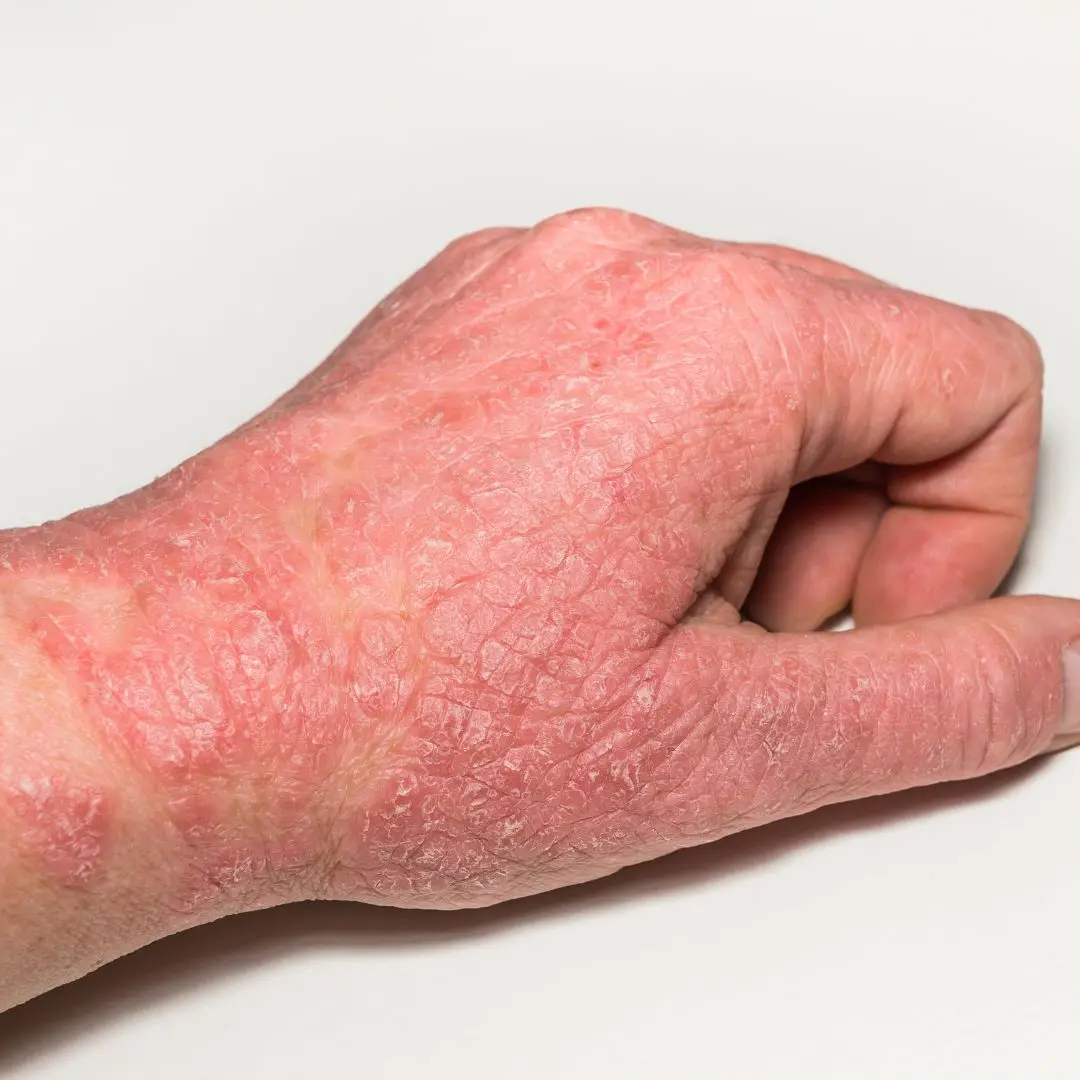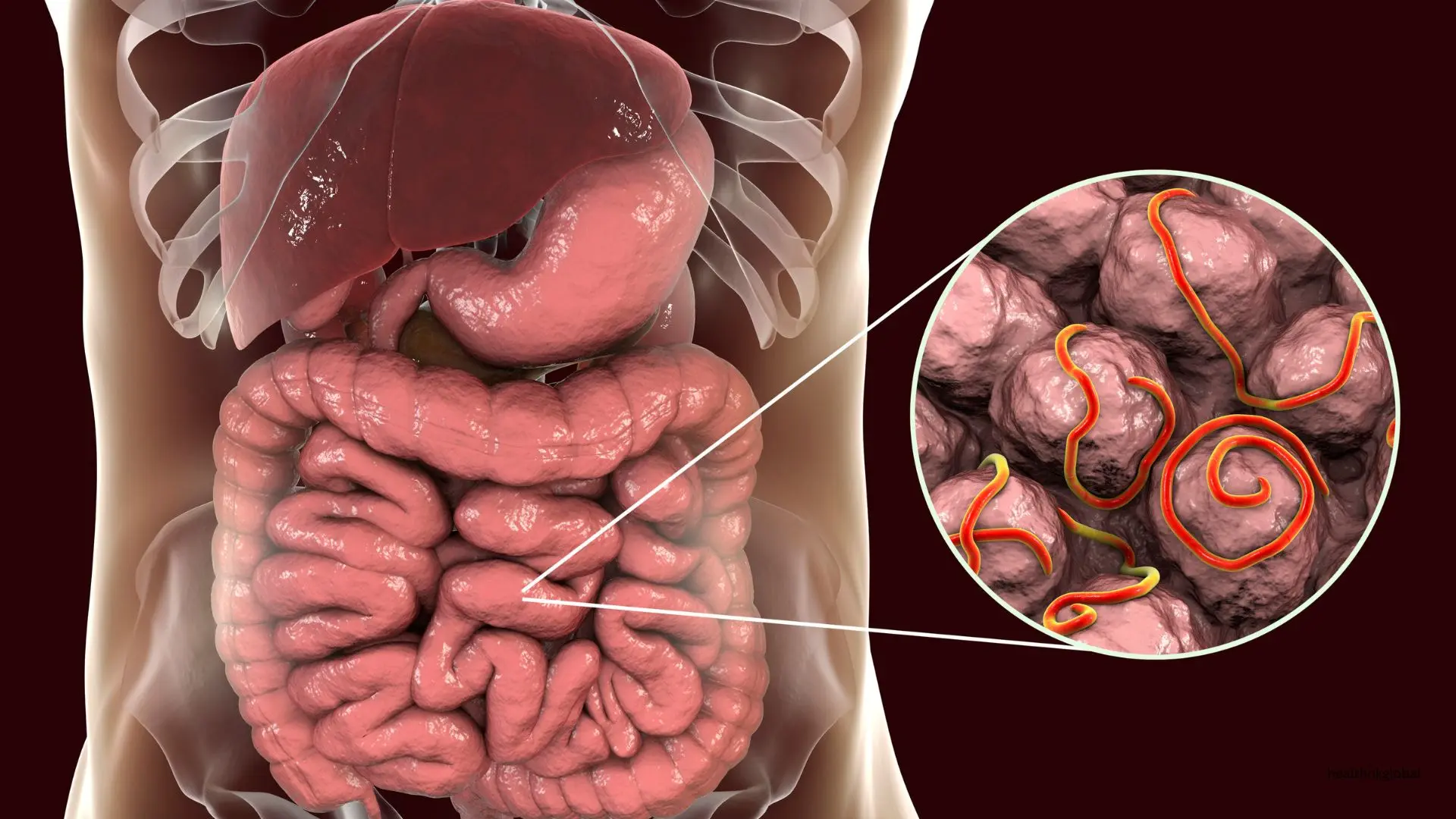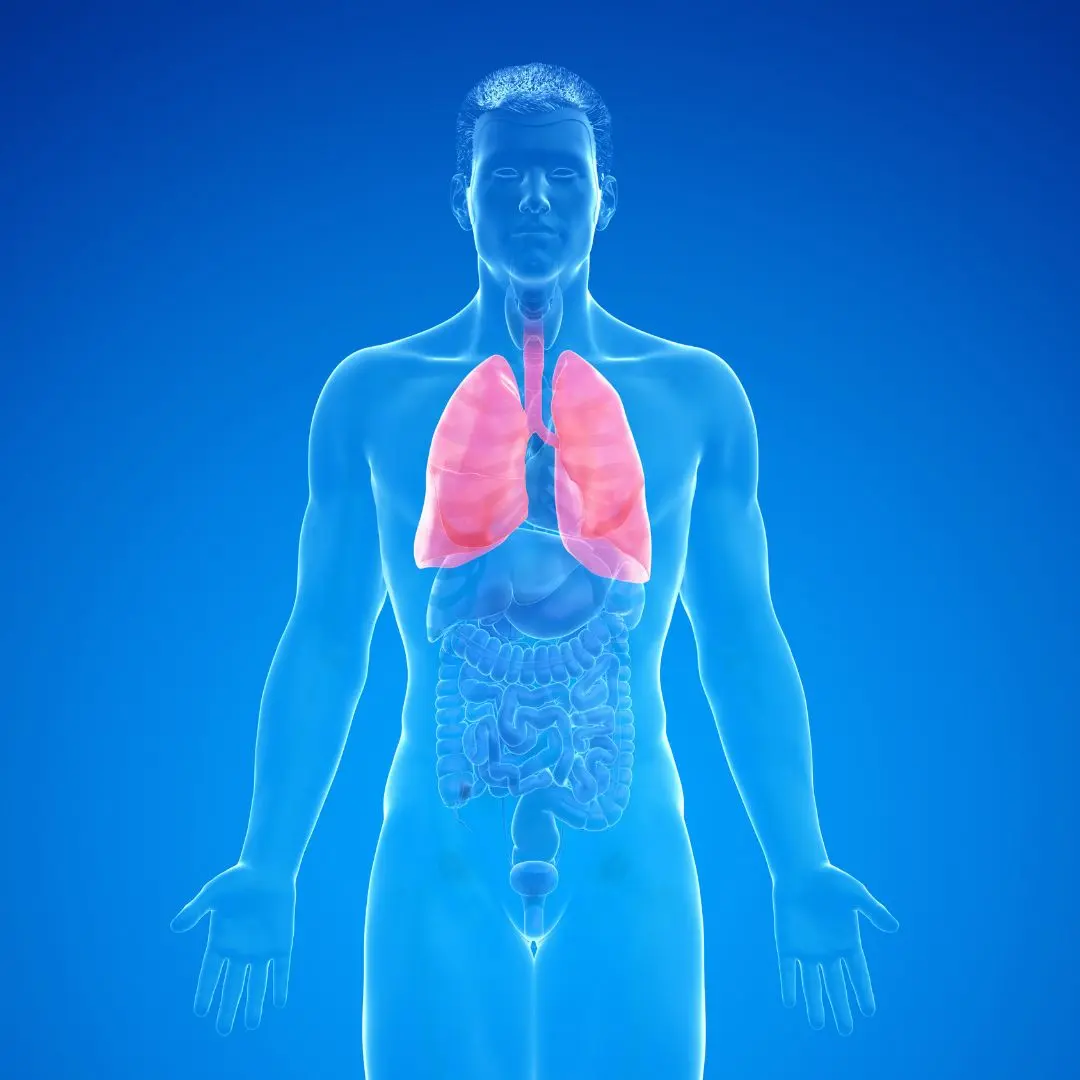A cystic lesion refers to an abnormal sac or pocket filled with fluid, air, or other material that forms within tissues or organs in the body.

Blog
Cystic Lesion: Understanding Causes, Symptoms, and Treatment
A cystic lesion refers to an abnormal sac or pocket filled with fluid, air, or other material that forms within tissues or organs in the body. These lesions can vary in size, shape, and location and may be benign or associated with underlying medical conditions.
Cystic lesions can develop for various reasons, including infection, inflammation, obstruction of ducts or glands, trauma, or congenital abnormalities. In some cases, cystic lesions may be associated with underlying medical conditions such as polycystic kidney disease, cystic fibrosis, or certain types of cancer.
There are several types of cystic lesions, each with its own characteristic features and underlying causes. Common types include simple cysts, which are fluid-filled sacs that often occur in the kidneys, liver, or ovaries, and complex cysts, which may contain solid components or septations.
The symptoms of a cystic lesion can vary depending on its size, location, and underlying cause. In some cases, cystic lesions may be asymptomatic and discovered incidentally during imaging tests or physical examinations. However, larger or symptomatic cystic lesions may cause pain, swelling, discomfort, or other symptoms that warrant further evaluation and diagnosis.
Treatment for cystic lesions depends on several factors, including the size, location, and underlying cause of the lesion, as well as the presence of any associated symptoms or complications. In many cases, small, asymptomatic cystic lesions may not require treatment and can be monitored over time. However, larger or symptomatic cystic lesions may require intervention, such as drainage, aspiration, surgical removal, or medical management.
While most cystic lesions are benign and do not cause serious health problems, some may be associated with complications such as infection, rupture, hemorrhage, or compression of nearby structures or organs. The prognosis for individuals with cystic lesions depends on various factors, including the underlying cause of the lesion, the presence of symptoms or complications, and the effectiveness of treatment.
While it may not always be possible to prevent cystic lesions from developing, certain lifestyle modifications and preventive measures may help reduce the risk of some types of cystic lesions. Maintaining a healthy lifestyle, avoiding known risk factors, and seeking prompt medical attention for any unusual symptoms or changes in health can help with early detection and management of cystic lesions.
Cystic lesions are abnormal sacs or pockets filled with fluid, air, or other material that can develop within tissues or organs in the body. Understanding the causes, symptoms, and treatment options for cystic lesions is essential for proper diagnosis and management. By seeking timely medical evaluation and appropriate treatment, individuals with cystic lesions can receive the care and support they need to maintain optimal health and well-being.
Cystic lesions can develop for various reasons, including infection, inflammation, obstruction of ducts or glands, trauma, or congenital abnormalities. In some cases, cystic lesions may be associated with underlying medical conditions such as polycystic kidney disease, cystic fibrosis, or certain types of cancer.
There are several types of cystic lesions, each with its own characteristic features and underlying causes. Common types include simple cysts, which are fluid-filled sacs that often occur in the kidneys, liver, or ovaries, and complex cysts, which may contain solid components or septations.
While it may not always be possible to prevent cystic lesions from developing, certain lifestyle modifications and preventive measures may help reduce the risk of some types of cystic lesions. Maintaining a healthy lifestyle, avoiding known risk factors, and seeking prompt medical attention for any unusual symptoms or changes in health can help with early detection and management of cystic lesions.
Need Personalized Health Guidance?
Get expert advice tailored to your specific health needs from our qualified healthcare professionals.





